Many small businesses are struggling as a result of the COVID-19 crisis and its impact on the economy. As I reflect on the other three recessions I have faced in my career, the best advice I can offer these businesses is to focus their energy on their employees, customers, and communities.
Protect your Infrastructure
People are not only key to your infrastructure but they are your most important asset. Keep them employed as long as you can even if this means making cuts in other areas. If you let go of your people, it will be much more difficult to rebuild your organization later. Start with your employees and build from there.
If your cash flow can’t support your business’s needs during an economic downturn, the first cuts you should consider are those that do not impact your infrastructure like reducing rent. If you can keep your infrastructure intact, you will be better positioned when the economy turns around. Also, give extensive thought to what kind of business model you will need after the COVID-19 crisis passes. Social distancing will likely continue to be the new normal, necessitating a strong digital presence from organizations in all industries. If you aren’t leveraging a digital marketing and sales strategy, now is the time to start.
We’ve seen certain industries pivot their business models – quickly. For example, the crisis has devastated the restaurant industry, forcing it to survive on take-out only, a relatively small part of the overall business. Many restaurants have let employees go and will not recover. Those that manage to survive on their take-out businesses, will benefit from having some of their staff in place when they can restore their eat-in businesses. If possible, try to order out from a restaurant once a week during this crisis. You will be giving back to your community by helping these businesses survive.
Think Outside the Box
Some companies are uniquely qualified to give back to their communities with products or services that they provide, and others desperately need. Video conferencing companies have provided free video conferencing to schools while producers of sanitizing products have sent supplies to hospitals. However, other companies may be able to help in less obvious ways by looking at where the greatest needs are and thinking of unconventional ways to meet those needs. It may be a matter of refitting their machinery or refocusing their strategies.
I was intrigued by a recent story on 60 Minutes1 about a Brooklyn, NY-based Design and Fabrication company that specialized in retail displays and had an inventory of plastic on hand when the crisis hit1. They initially laid off 30 people and asked their remaining employees to take pay cuts, but then an outside-the-box idea turned everything around. They are now using their plastic inventory to produce 27,000 face shields a day for the New York Department of Health and have hired about 100 additional people to work on this project. Better yet, they are sharing this good fortune with their community by ordering 160 boxed lunches for their employees every day from different local restaurants.
Make Employees, Customers, and Community your Priority
The health and safety of employees should be a top concern for all businesses. When the COVID-19 crisis first hit, we immediately empowered our entire staff to work remotely. Luckily, we had a solid technology infrastructure in place and our staff was able to make this conversion seamlessly. We check in on our employees regularly to make sure they are OK, and we hold virtual meetings weekly to update our team on what is going on, answer their questions, and let them know we are here for them.
Taking care of customers during these uncertain times is the right thing to do and will help secure future relationships. Keep all lines of customer communication open, but do so carefully, being sensitive to crisis-related customer health and financial concerns. We offered to conduct complimentary ideation sessions with our clients to help them weather this crisis. However, because the economy is so dependent upon small business success, they encouraged us to focus our efforts on supporting small businesses in our communities instead. We are currently providing pro bono consulting for some local small businesses that were nominated by others and advising them in two key areas:
- Financials-We are helping them evaluate their current cash forecasts to determine if they will be able to retain their employees, pay for their benefits, etc. When necessary, we recommend applying for small business loans.
- Digital Marketing– Small business success is dependent on customer loyalty. During this crisis, the best way for small businesses and their customers to interact is digitally, so having an effective digital marketing strategy in place is crucial.
When the economy reopens, it will be essential for these businesses to have their cashflows in line and their digital marketing strategies in place. We will be here to support them.
As we navigate the unusual circumstances COVID-19 has introduced, The Northridge Group continues to focus on our employees and clients and look for ways to help our communities and support our neighbors. Contact us to learn more.
- “Sidelined by the Coronavirus, Business Owners and Newly Unemployed Americans Struggle to Find a Way Forward.” 60 Minutes. CBS News. April 5, 2020. Television.
